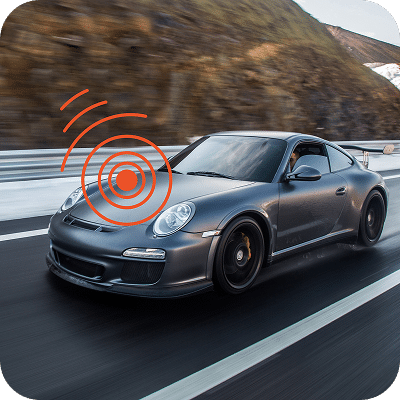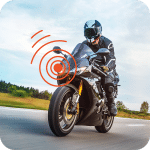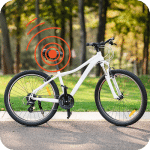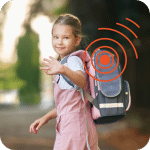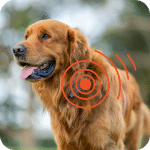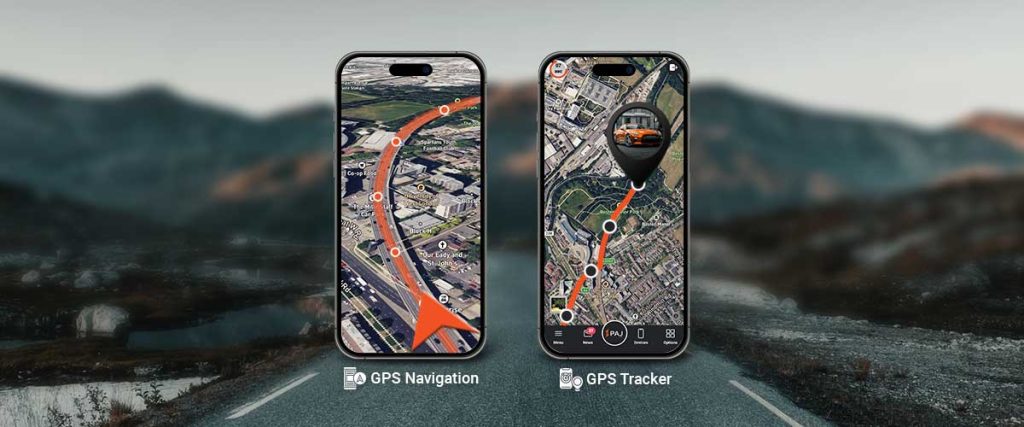Differences Between GPS Navigation and GPS Tracker
Is there a difference? Yes, there is, even though most people think GPS Navigation and GPS trackers are the same and used interchangeably. They are both distinct technologies with unique purposes. The only common thing is that both use Global Positioning System (GPS) satellites to provide real-time location data, yet they serve different needs.Here you can read about GPS trackers vs Apple Air Tag
What is GPS Navigation and its purpose?
GPS navigation systems act as a wayfinding tool for users to navigate from one location to another. They can be found in vehicles, smartphones, etc.
They offer turn-by-turn directions and map visualization. Since they are designed for active guidance during travel, these devices can easily
easily optimize users’ journeys by calculating routes based on traffic data, distance, and road conditions.
What is a GPS Tracker and its purpose?
If you want to monitor or track the movement or location of an object, vehicle, or person GPS tracker devices are used. The tracked item’s location and safety can be monitored in real-time remotely through an app or software.
GPS trackers allow their users to record location history, and set geofencing boundaries that will help users receive alerts if the tracked object enters or leaves a designated area.
How are GPS Navigation distinct from GPS trackers
User Interaction
GPS Navigation needs a lot of user interaction from setting destinations to modifying routes, adjusting map views, or adding stops. Whereas GPS Trackers require minimal user interaction. Most interactions happen during post- tracking phase where users view location history or receive automated notifications.
Hardware Differences
Another key difference is GPS Navigation is a screen-based device that shows maps, route options, and destination choices. Rich interfaces for visualizing maps and routes are available in Car GPS units or Smartphone apps.
GPS trackers come in different forms some can be attached to vehicles, personal belongings, or carried in a pocket. They are discrete devices and don’t require a display screen, as the tracking data is accessed through separate software or apps.
Connectivity and Data
For Navigation systems to give traffic updates or route recalculations there needs to be a live internet connection. For GPS Navigation to reach its full potential a stable internet connection needs to be there. Some devices also support offline maps.
GPS trackers rely on cellular data or satellite communication to transmit location data to the monitoring platform. They are not dependent on user interaction for continuous data transmission.
Geofencing and Alerts
GPS Navigation systems typically do not support features like geofencing or real-time alerts for specific area entry/exit.One of the core features of GPS trackers is geofencing, where users can set up virtual boundaries. The system sends alerts when the tracker crosses these boundaries, making it useful for security or fleet management.
